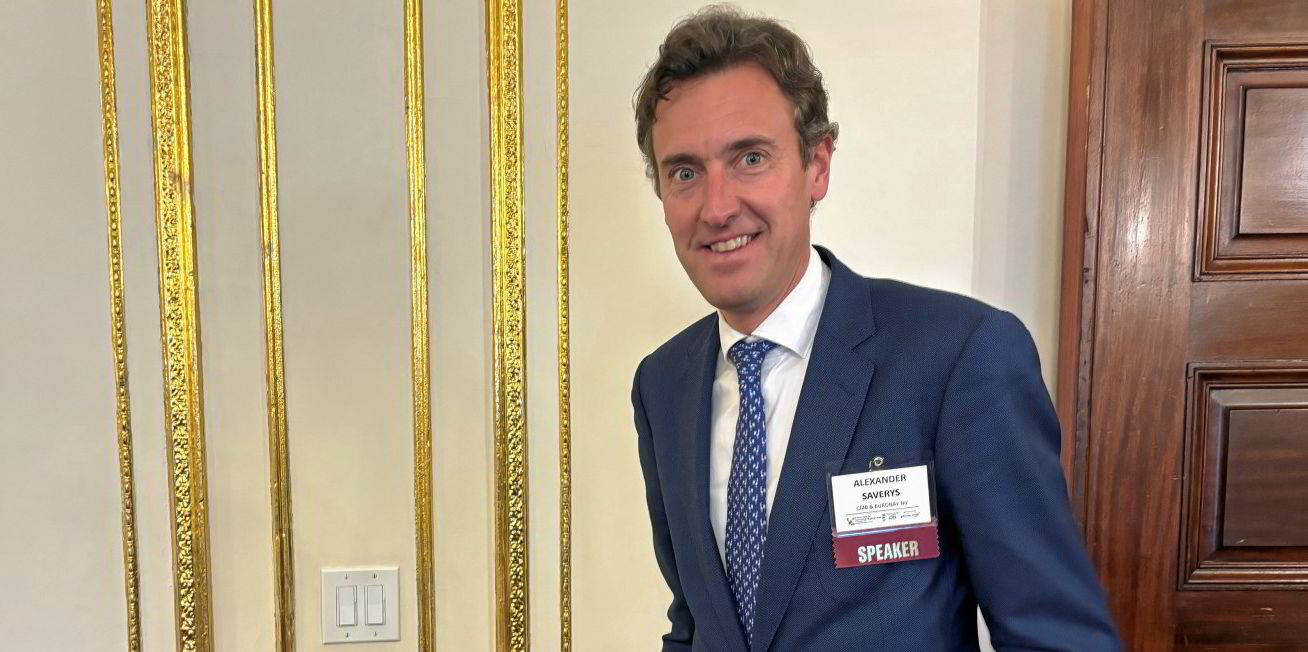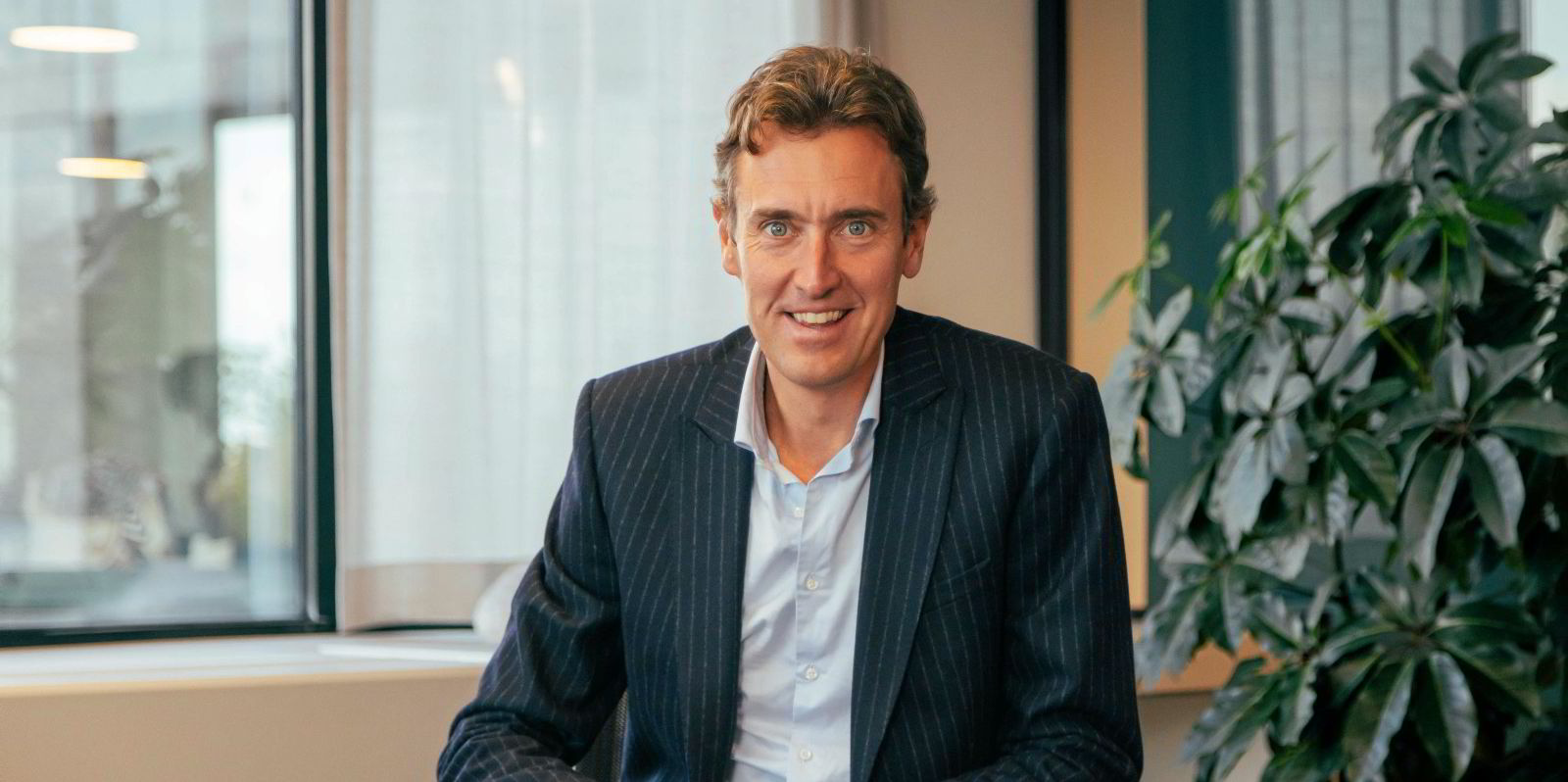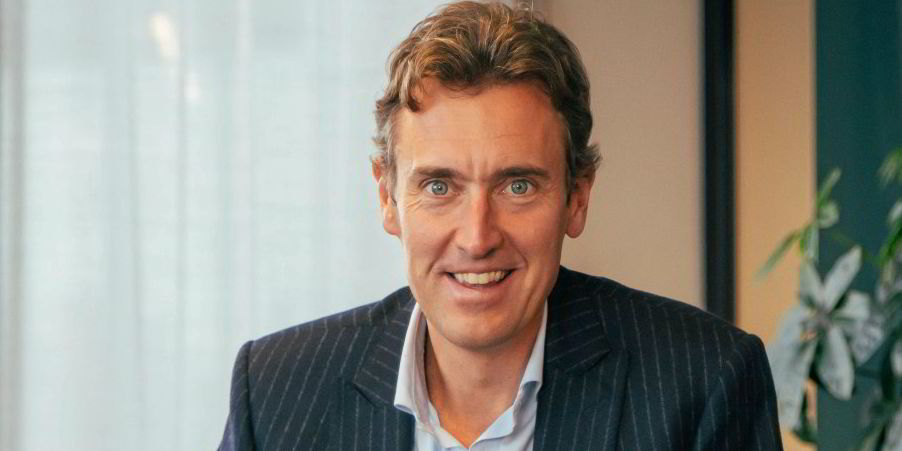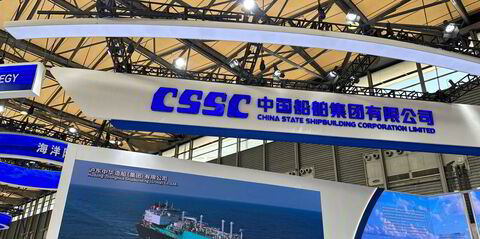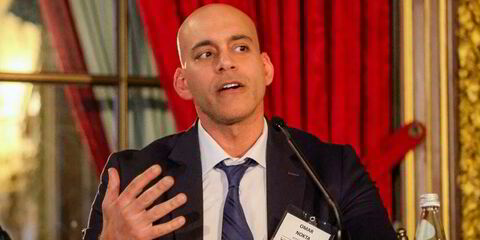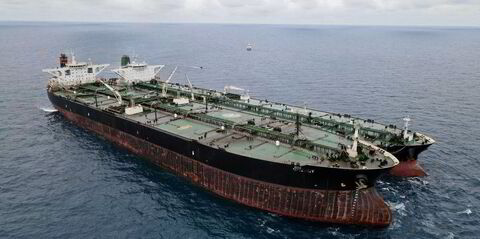The first misconception that Alexander Saverys wanted to set straight was the idea that he was a speaker who needed no introduction.
Rather, the chief executive of tanker giant Euronav and its largest shareholder, Compagnie Maritime Belge, wanted to introduce himself in what he described as the “lion’s den” — a room full of the leading names in New York’s shipping finance universe, including many who have cast doubt on his vision of an “investible green shipping platform”.
“A lot has been said and written about our family, our company and our vision for the future of shipping,” he told Capital Link’s International Shipping Forum in Manhattan’s Metropolitan Club.
“And the world of maritime Wall Street has been particularly critical of us.”
The event included analysts who cast doubt on the Saverys campaign to turn Euronav into a green shipping standard bearer under the CMB.Tech banner.
And facing away from him at the nearest table at the luncheon sat Kathrine Fredriksen, daughter of the Norwegian shipping tycoon with whom CMB had been locked in battle for the future of Euronav.
“I’m therefore very happy that I’m delivering this keynote speech in the lion’s den, so to speak, to give you our side of the story and clear some misconceptions,” Saverys said.
As TradeWinds has reported extensively, the Saverys family ended its battle with John Fredriksen with the sale of much of Euronav’s VLCC fleet to his Frontline, but private CMB was left as Euronav’s largest shareholder, as the Norwegian magnate took the exit door.
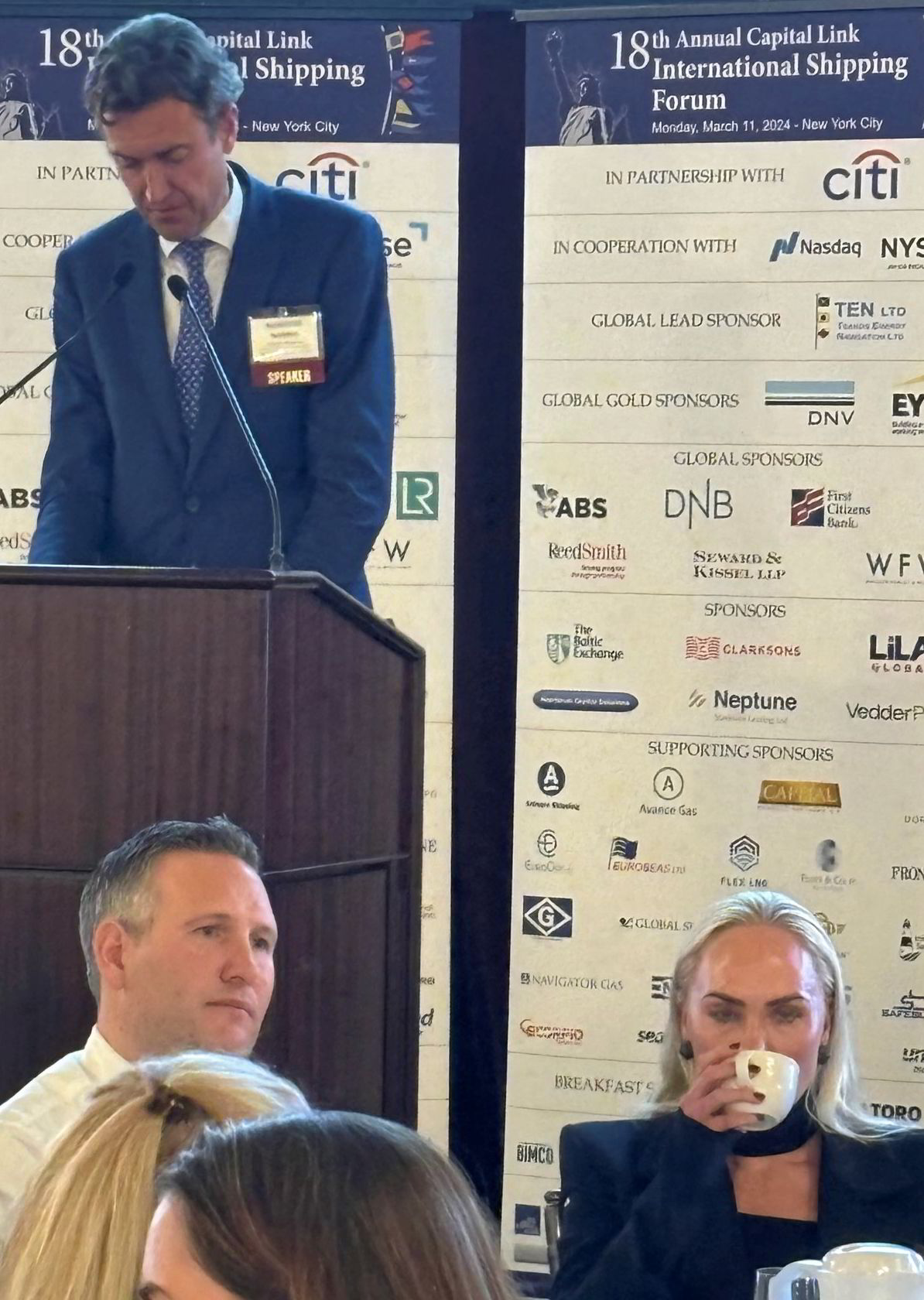
CMB then sold its CMB.Tech, with its green fuel production business and a fleet of ships, giving Euronav a fleet of more than 150 tankers, bulkers, container ships and offshore wind vessels, including a stack of newbuildings.
With Alexander Saverys in the chief executive seat, Euronav is now proposing to rebrand itself as CMB.Tech and build out a fleet of ships powered by ammonia and hydrogen, two fuels with no carbon content.
“We believe that a diversified shipping group with a strong focus on decarbonisation will create more value in the long run than a pure play tanker or dry bulk owner,” he told the Capital Link audience.
He pointed to the rising pressures from regulators and customers to decarbonise, but described this as an opportunity, not a threat.
And he said he is not afraid to move fossil fuels on greener ships, because the profits from doing so will allow the company to accelerate its green transition.
“We will use carbon to decarbonise,” he said. “Does that make sense? We think it does, but clearly a big part of the maritime investment community didn’t or doesn’t.”
He said the CMB team was surprised by the reaction to its refusal to merge with Frontline, a view that it sees as common sense.
And he sought to find reasons why analysts might have reacted so negatively to the strategy.
“Is it the belief that bigger is always better, that you can somehow generate synergies by merging shipping companies even though this has been proven wrong time and time again?” he asked.
“A belief that a pure-play larger shipping platform will attract the ‘long onlies’ of this world? That stocks will miraculously start trading above NAV [net asset value] because the company is bigger, not better run?
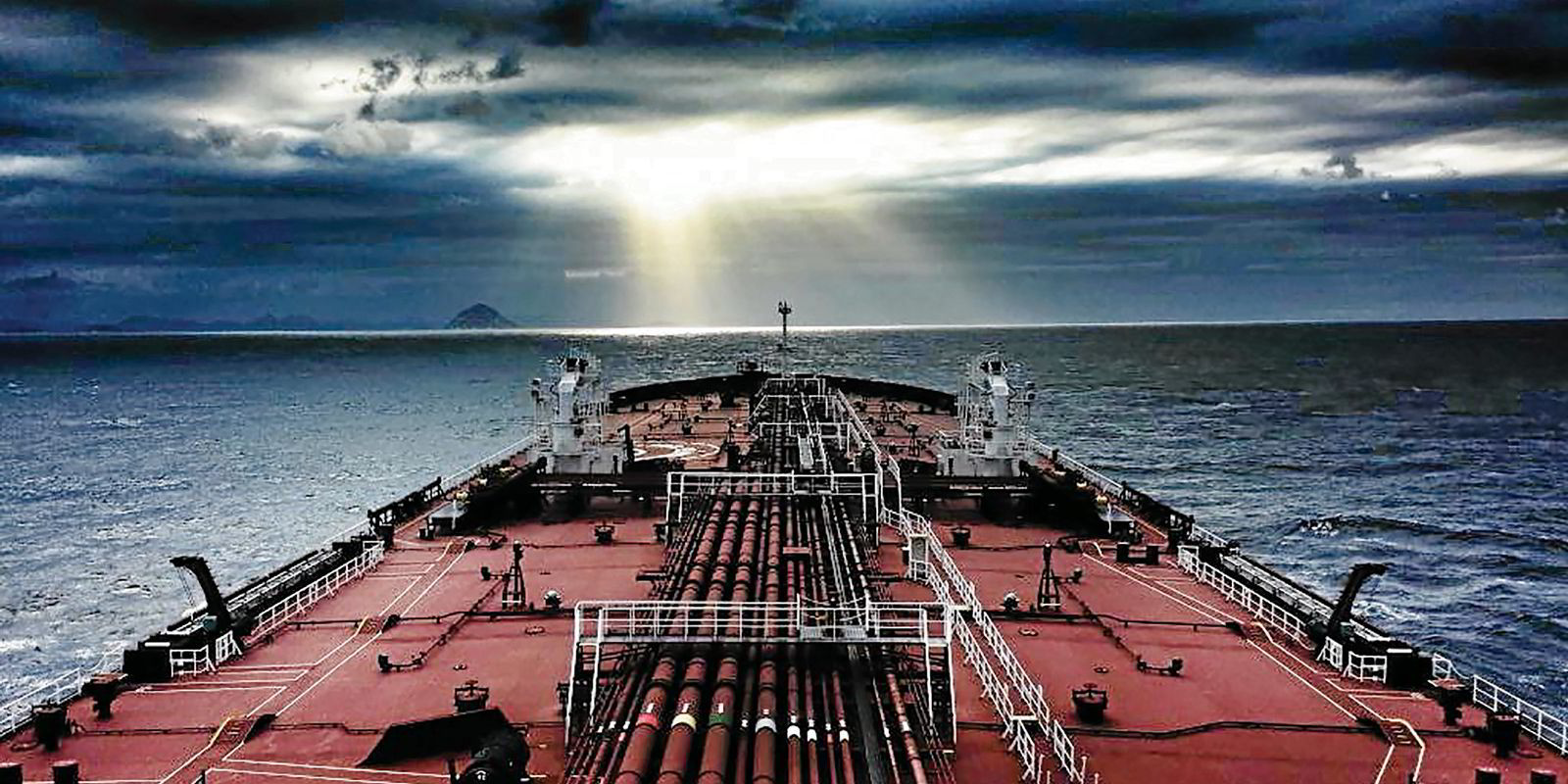
“That the best-run companies in the world don’t have a reference shareholder and are managed by technocratic boards who know everything about Wall Street but nothing about the Malacca Strait?”
But Saverys said the CMB team now leading Euronav believes pure-play companies are a thing of the past and that shipping companies that do not embrace energy transition are doomed to disappear.
He said there are many misconceptions about energy transition as well. Energy transition does not mean moving to zero carbon overnight, for example, and Saverys said dual-fuel ships allow for a gradual transition from diesel to green fuel molecules, which will continue until mono-fuel options are more viable.
“Stop thinking regulations will change or go away. Regulators everywhere in the world, including the IMO, have decided by 2050 greenhouse gas emissions by shipping have to be reduced to practically zero,” he said.
“Either you accept the new reality, or you go into politics and try to change the law.”
